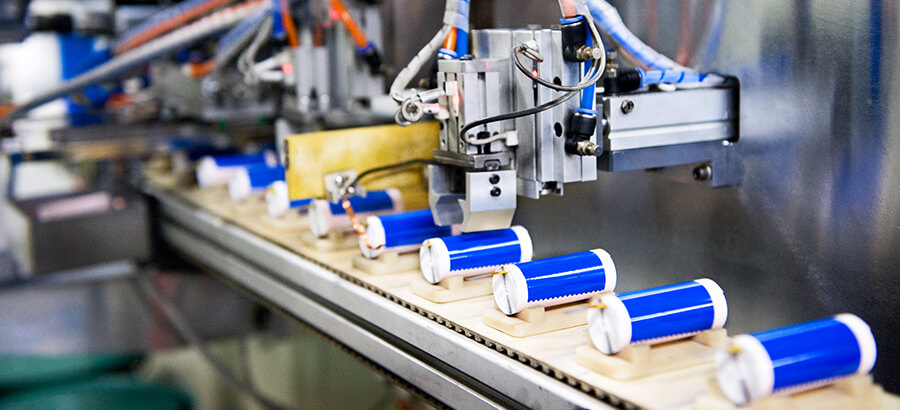There has been a lot of hype about automation, including job automation, over the last few years. It seems to have created a bit of panic about vital jobs that could be lost to robots in the foreseeable future.
The main thrust of the unease is that automated solutions will have a negative effect on the economy – less jobs for human beings, less people having access to an income, resulting in a smaller pool of people to buy the products and services that are offered by the companies investing in automation.
Luckily, there are already many precedents for automation that prove there are tangible benefits for companies and individuals alike. The ERP industry is a case in point: it automates business processes which has a profound impact on productivity, and yet, still provides employment for many people.
Here are 4 myths I have heard being debated that I believe I can attempt to dispel:
Myth 1: Automation means less work for people – it boils down to robots stealing human jobs and causing chronic unemployment
As certain tasks are carried out by robots, new jobs and even new industries are created. Titles such as Social Media Reputation Manager, Media Remixer and Gamification Designer are just some examples of the new job titles that will become commonplace in the not too distant future. Programming, engineering and manufacturing positions look set to flourish.
In addition to this, robots have precision, speed and consistency on their side, resulting in increased productivity of higher quality goods. This benefits everyone by lowering costs and stimulating demand.
Myth 2: Automation will lead to economic collapse
I don’t believe there is any risk of economic collapse – of course economic dynamics will change as automation becomes entrenched but keep in mind that for every worker removed from an assembly line or from behind a cash register, a place opens up in maintenance or consultancy. Automating away all the jobs doesn’t seem plausible.
Myth 3: Lack of income caused by automation will create a situation where basic goods and services will be unaffordable
As the price of labor goes down, so will the price of the fruits of that labor. Therefore, even if people are forced into worse economic circumstances, the subjective standard of living will not decrease, and most likely increase.
Myth 4: Programs will replace people in white collar jobs in the near future
Trends have changed from the idea of robots taking over blue collar jobs, to the realization that white collar jobs, such as accounting and medicine, are more at risk. ERP, spreadsheets, macros, databases, and other business tools have already automated most of the financial jobs of the past, but also created new, unforeseen opportunities.
Likewise, IBM’s Watson Artificial Intelligence system is an ace diagnostician – yet IBM has emphatically stated that Watson will only aid human doctors, not replace them. The added computing power afforded to the medical community will also likely result in a new areas of medicine opening up.
It’s not all doom and gloom
There’s been a lot of negativity associated with this topic in recent years, but rest assured, there is still a lot of space for humans in the economy of the future, and automation will only improve our economic outlook.







